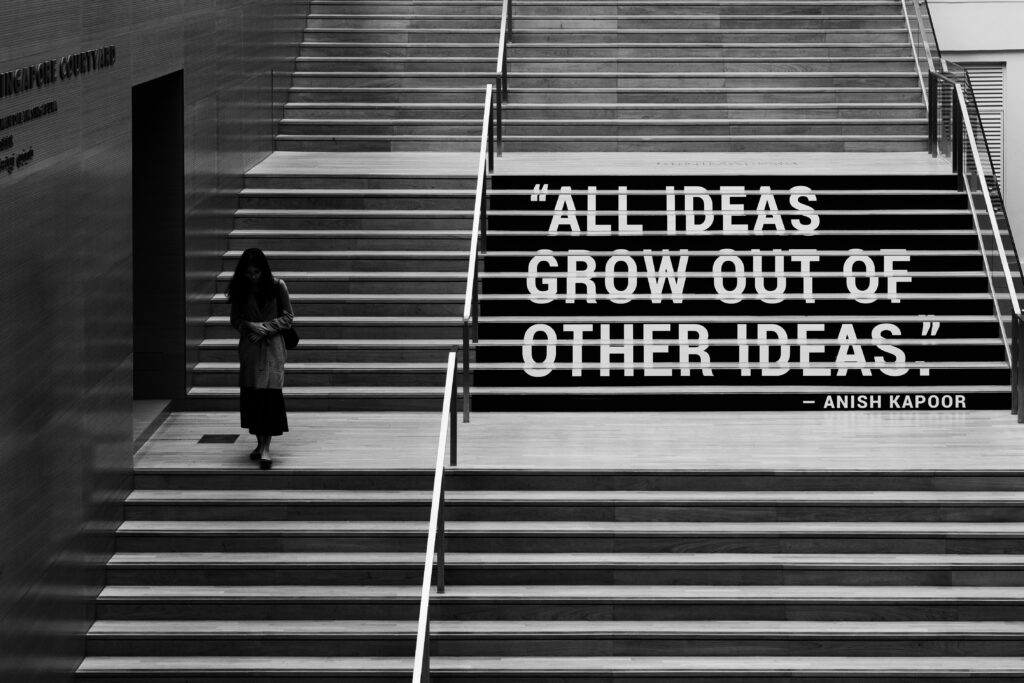How to Develop Productive Habits: A Science-Backed Guide
Why Productive Habits Matter
Productive habits are the building blocks of a focused, successful life. Moreover, they cut through decision fatigue and make valuable actions automatic. In fact, when you lock in the right routines, you’ll feel more in control and see steady progress toward your goals.
What You’ll Learn
- How habits form in your brain: understand the cue–routine–reward loop
- Why they drive your success: key benefits explained
- 5 proven strategies: step-by-step methods that stick
What Are Productive Habits?
Productive habits are small, repeated actions that drive positive outcomes over time. First, they minimize decision fatigue. Next, they improve consistency. Finally, they let you perform valuable tasks automatically.
Examples of productive habits:
- Starting your day with a prioritized to-do list
- Scheduling focused work sessions without distractions
- Practicing mindfulness or journaling
- Getting 7–8 hours of quality sleep
- Exercising for energy and stress reduction
The Science Behind Habit Formation
To build habits that stick, you must know what’s happening in your brain.
Two Brain Regions Are Involved
- Prefrontal Cortex: handles decision-making and conscious effort.
- Basal Ganglia: automates repeated actions into subconscious routines.
The Habit Loop: Cue → Routine → Reward
All habits follow a loop:
- Cue – a trigger that starts the habit (e.g., your alarm clock)
- Routine – the behavior you perform (e.g., stretching)
- Reward – the benefit or positive feeling you get (e.g., feeling energized)
Study Highlight: A 2009 study in the European Journal of Social Psychology found it takes an average of 66 days to form a new habit.

Why Productive Habits Matter
Building productive habits isn’t just about doing more — it’s about doing the right things consistently.
- Greater Efficiency: You reduce overthinking and conserve mental energy.
- Improved Focus: You automate priorities and eliminate distractions.
- Better Health: You support mental clarity and physical resilience.
- Sustainable Success: Small actions compound into significant results.
Proven Strategies to Build Productive Habits
4.1 Start Small: The Two-Minute Rule
Begin with a habit that takes less than two minutes. For example, do five push-ups or write one sentence. This tiny commitment overcomes inertia.
4.2 Habit Stacking: Anchor to What Works
After you make your morning coffee, then write down three priorities. Moreover, anchoring new habits to existing routines leverages your brain’s natural wiring.
4.3 Consistency Over Perfection
Missing once is fine—just avoid two days in a row. In fact, consistency builds momentum faster than perfect execution.
4.4 Make It Enjoyable: Pair With Fun
Pick habit formats you’ll look forward to. For instance, dance while you clean or bike to work. Additionally, enjoyment cements the habit loop.
4.5 Track Progress: Visualize Your Wins
Use apps like Habitica, Streaks, or a simple calendar. Next, mark each day you complete your habit. Finally, celebrate streaks to reinforce behavior.
Read More: Ronaldo
Take the Next Step: Your 7-Day Habit Challenge
Ready to transform your life?
Pick one small habit from the five strategies above.
Download your FREE Habit Tracker PDF and print it out.
Track your progress daily for seven days.
For More Information Visit Mindset blogs

